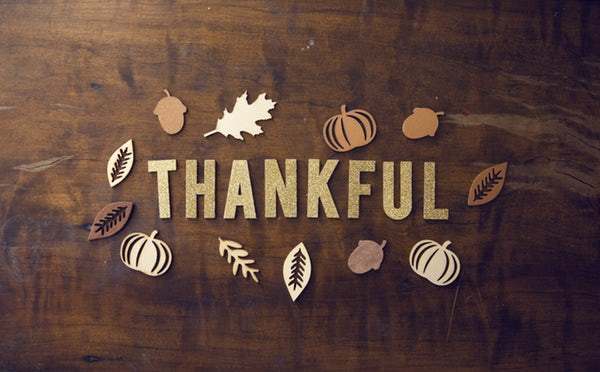The Problem Wasn’t Stress
I was in the middle of one of those projects that feels like it is the most important project ever. The irony is that I cannot even remember which one of those “most important projects” this one was in retrospect. Still, I was stressed out.
The gym is where I often go to sweat the stress out. And this always works, at least for a few hours. So, I was getting after it. My heart was pumping, the sweat was pouring, and it felt great. In an attempt to double my productivity, I was listening to the Tim Ferriss podcast while getting my sweat on. He was interviewing Tony Robbins, and I about dropped my barbell when I heard this:
“What stops us from moving forward? FEAR. If you’re an achiever, you probably call it stress. Stress IS fear.” (emphasis mine).
My problem wasn’t stress.
And no amount of working out was going to resolve my real problem.
I literally took a knee inside the gym. I knew I looked like one of those crazy gym guys, but whatever. I hit pause on the podcast, and just stopped everything.
Pulling out my iPhone, I started a new note listing what I was fearful of in relation to the project. Hear are some of the things I listed:
Not measuring up. Letting the customer down. Not delivering on time. Disappointing my teammates, suppliers, partners, even my family. Of being found out as someone who isn’t as “good” as they claim to be. Or worse, being found lacking in any regard. For example, someone finding out some of the stupid things I did in high school, or finding examples that I am not who I supposedly claim to be. (And I thought this was about a project at work???)
The list could on and on.
While the count differs per Bible translation, “fear not” is mentioned anywhere from 442 times in KJV to 684 times in the ESV. Maybe the repetition is there for us to remember that we, as humans, have a fear problem?
I’d imagine most people reading this are, to one degree or another, “stressed.” I challenge you to ask yourself: What are you afraid of?
Whatever it is, write it down either on your phone or a piece of paper.
Get it all out.
Your circumstances won’t change by doing this.
As I learned, the power of your fear will dissipate however. It won’t all go away, and you will have to return to the list a lot, but you will have begun working on the real problem.
Stress, after all, was never the problem in the first place.
The Problem Wasn’t Stress Read More »










